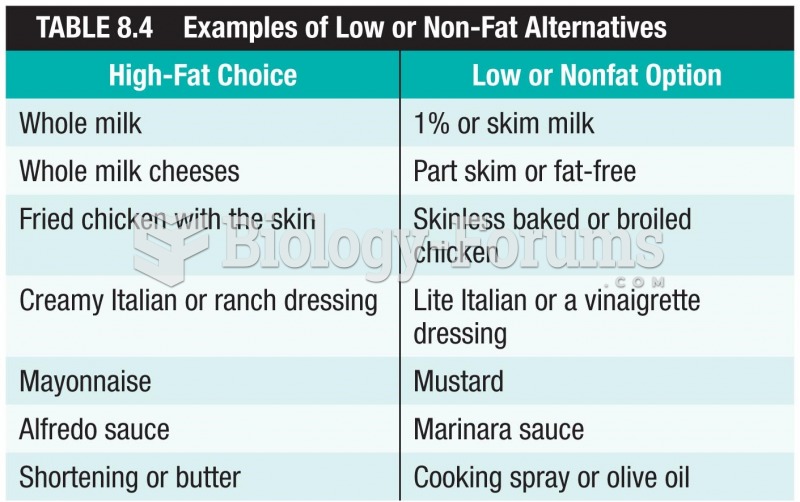Answer to Question 1
A grave disability occurs when the person is unable to care for himself or herself. Parens patriae means the state or country as the parent.. The state applies parens patriae power when citizens are not likely to act in their own best interest, for example, to assume custody of children who have no living parents. Similarly, it is used to commit individuals with severe mental illness to mental health facilities when it is believed that they might be harmed because they are unable to secure the basic necessities of life, such as food and shelter (grave disability), or because they do not recognize their need for treatment (Simon & Shuman, 2008). Under parens patriae power, the state acts as a surrogate parent, presumably in the best interests of a person who needs help.
Answer to Question 2
Historically, states have permitted commitment when several conditions have been met: (1) the person has a mental illness and is in need of treatment, (2) the person is dangerous to himself or herself or others, or (3) the person is unable to care for himself, a situation considered a grave disability.. How these conditions are interpreted has varied over the years and has always been controversial. It is important to see that the government justifies its right to act against the wishes of an individualin this case, to commit someone to a mental health facilityunder two types of authority: police power and parens patriae (state or country as the parent) power. Under police power, the government takes responsibility for protecting the public health, safety, and welfare and can create laws and regulations to ensure this protection. Criminal offenders are held in custody if they are a threat to society. The state applies parens patriae power when citizens are not likely to act in their own best interest, for example, to assume custody of children who have no living parents. Similarly, it is used to commit individuals with severe mental illness to mental health facilities when it is believed that they might be harmed because they are unable to secure the basic necessities of life, such as food and shelter (grave disability), or because they do not recognize their need for treatment. Under parens patriae power, the state acts as a surrogate parent, presumably in the best interests of a person who needs help.







